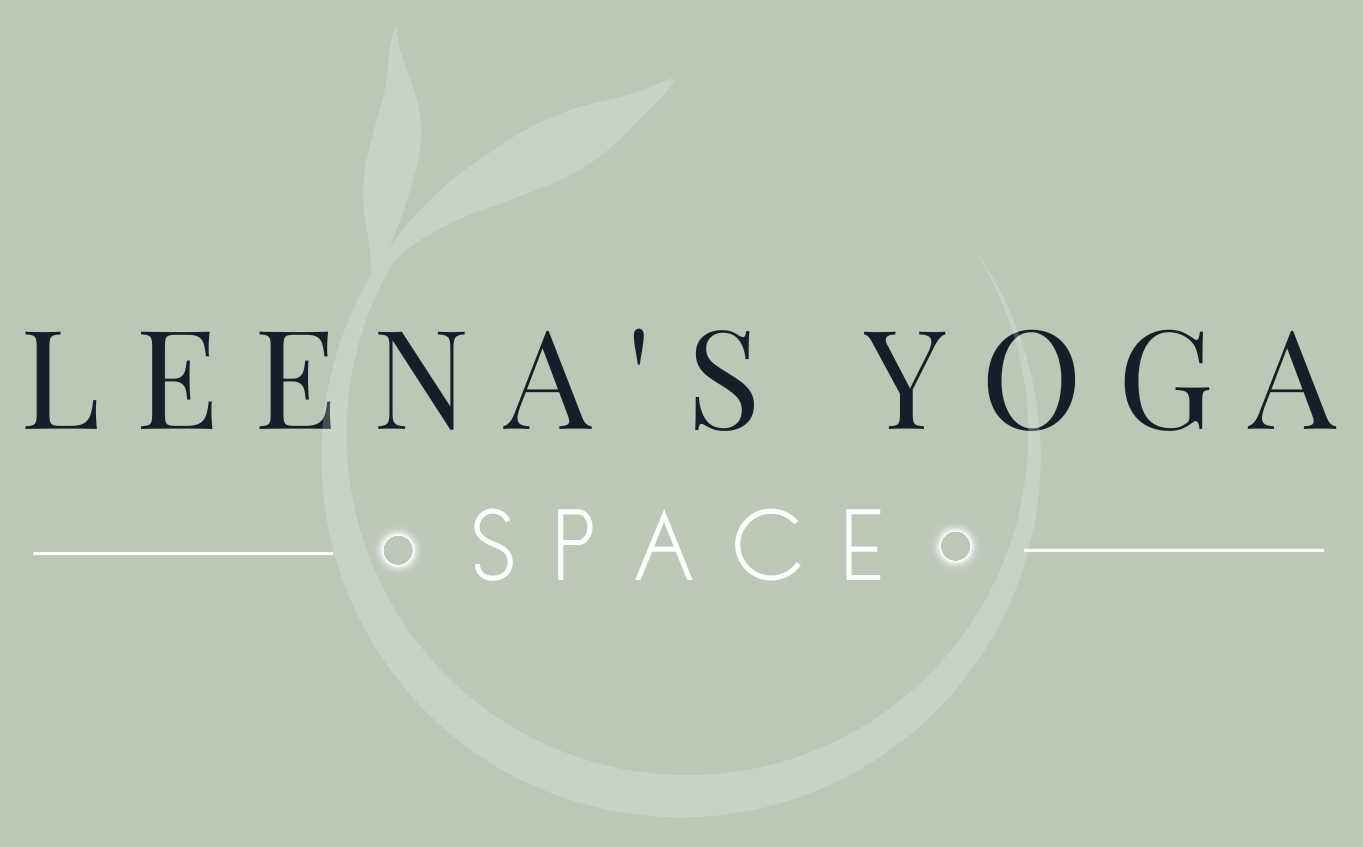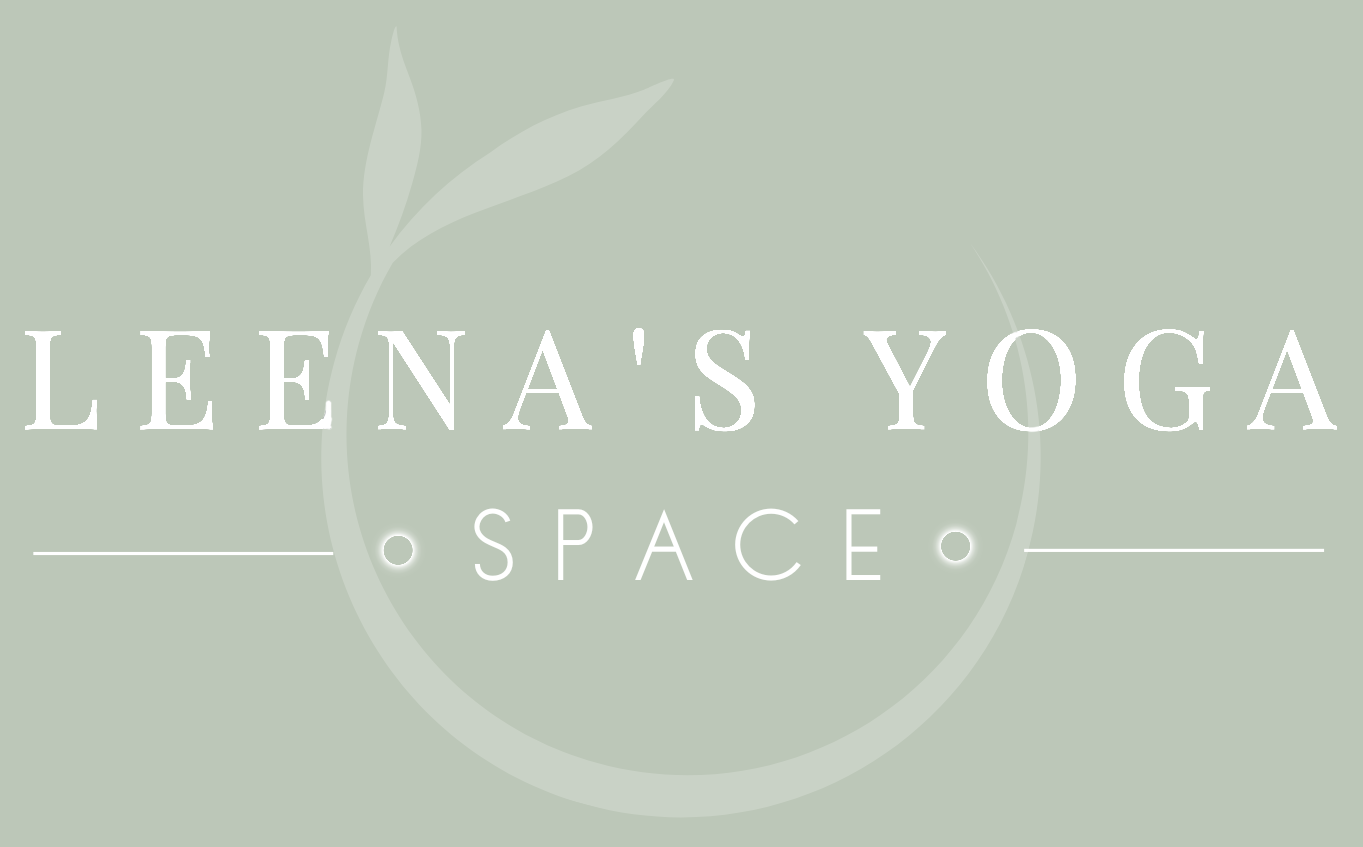‘I focus on things I can control
I am capable of navigating difficult situations
With every act of discipline, I grow stronger.’
Discipline is a skill that helps you live by your personal values which lead to a feeling of content and self-confidence. Many people view discipline as ‘control’ or even ‘punishment’ and thus resent the word and its restrictiveness. Whilst discipline does refer to control, I like to view that as an open and honest discussion with oneself that leads to a positive outcome. For example, my natural disposition (created by a combination of life experiences, chronic stress and learnt behaviours/habits) is to engage in self-stagnating behaviours. I would simply rather eat a whole packet of biscuits every day for a week than look after my gut health. I would rather lie in bed and mask the pain of immobility with strong painkillers than enjoy the benefits of movement. Here, I would much rather ‘control’ my behaviour to align with my true self and values.
When discipline makes you feel like you are depriving yourself of something, then either your values have momentarily changed, or you are disconnected from your true self. An example is overeating – the least beneficial thing you can tell someone who overeats is to avoid having a food group all together. Although this may work for a short period of ‘enforced discipline’, the moment they become tired or stressed, their true needs are masked, and they resort to old habits that aren’t beneficial to their health and wellbeing. Whereas reframing the act of discipline in that moment to ‘I could have a small piece of this today as it will not impact my overall health goals’ is more liberating. It gives you the choice whilst maintaining the accountability required to remain disciplined. Restrictive language is not positive discipline or sustainable. Language that gives you autonomy and the moment to reflect is more helpful.
Despite all of this, there will be periods where a human being chooses not to adopt a positive habit. Either, this pattern is recognized and rectified mindfully and gradually, or they will continue to indulge until something wakes them up. In my experience that is either physical or mental suffering.
Living by your values is a way of honoring yourself, a practice that is constantly taught in yoga. But first, one must know themselves and what they value, and aspire to live by that in a way that is compassionate and flexible. This means allowing for times where you may not be living by your values but accepting that is what makes you human. It means acknowledging how far you have come, and that this may feel like a little detour, but your path is still very much ahead of you and easy to rejoin.



